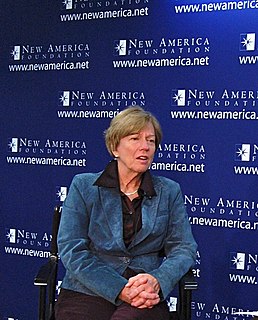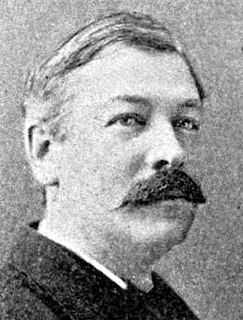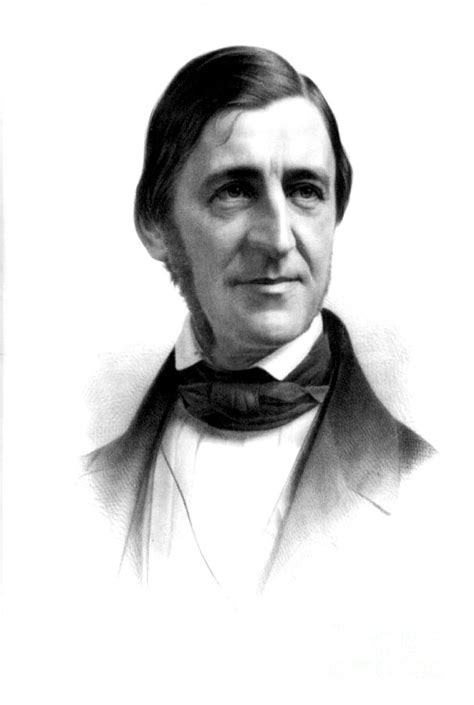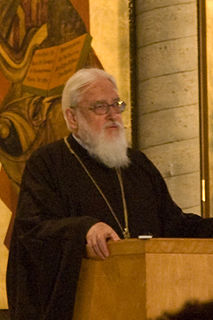A Quote by Luther Burbank
The secret of improved plant breeding, apart from scientific knowledge, is love.
Related Quotes
The secret of improved plant breeding, apart from scientific knowledge, is love. While I was conducting experiments to make spineless cacti, I often talked to the plants. . . . "You have nothing to fear," I would tell them. "You don't need your defensive thorns. I will protect you." Gradually the useful plant of the desert emerged in a thornless variety.
I have been intimately involved in the techniques of genetic modification as a scientist since GMOs were first conceived. In that time, hundreds of studies and tests have been done on GMO safety - and we've seen no scientific evidence that GMOs are inherently more dangerous than crops produced by traditional plant breeding.
The fact that these scientific theories have a fine track record of successful prediction and explanation speaks for itself. (Which is not to say that I don't directly discuss the work of those philosophers who would disagree.) But even if we grant this, many will argue that scientific knowledge in humans, and, indeed, reflective knowledge in general, is quite different in kind from the knowledge we see in other animals.
Fr. Amphilochios, the geronta or elder on the island of Patmos when I first stayed there, would have been in full agreement. Do you know, he said, that God gave us one more commandment, which is not recorded in Scripture? It is the commandment love the trees. Whoever does not love trees, so he believed, does not love God. When you plant a tree, he insisted, you plant hope, you plant peace, you plant love, and you will receive God's blessing.
In the case of some people, not even if we had the most accurate scientific knowledge, would it be easy to persuade them were we to address them through the medium of that knowledge; for a scientific discourse, it is the privilege of education to appreciate, and it is impossible that this should extend to the multitude.





































